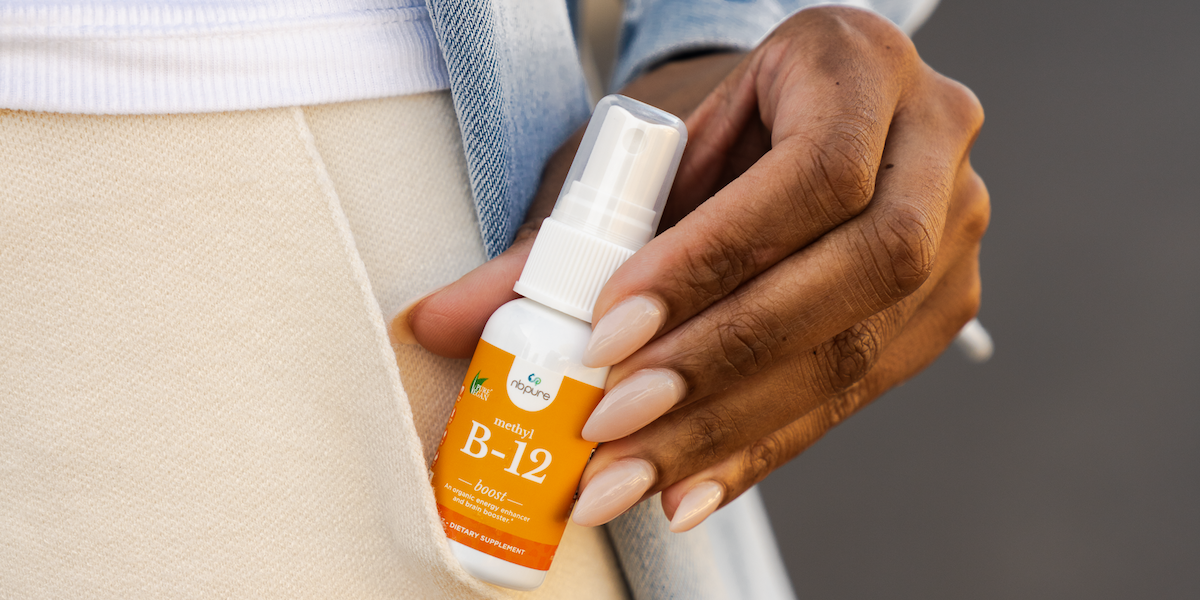As October nears its end and Halloween sneaks even closer, bringing with it all of its tempting candies and treats, many Americans are shifting focus to November and National Diabetes Month.
What's it all about?
National Diabetes Month is a time for communities around the country to work together to raise awareness around the disease and to further educate people on common prevention tips.
What is diabetes?
According to the National Institute of Diabetes and Digestive and Kidney Diseases (NIDDK), the organization behind National Diabetes Month, diabetes is defined as "a disease that occurs when your blood glucose (blood sugar) is too high".
You've likely seen friends or coworkers prick their fingers for blood tests or monitor their personal insulin devices.
There are 3 main types of diabetes, classified as Type 1, Type 2 and Gestational.
Type 1 diabetics cannot produce insulin, the hormone typically formed in the pancreas, which is supposed to convert glucose into cellular energy.
Type 2 diabetics may produce insulin, but their bodies do not use it well.
And, Gestational diabetes is a form of diabetes that affects pregnant mothers throughout pregnancy, and sometimes develops into Type 2.
These are, of course, very simplified explanations of the disease, but they should give you a working understanding.
What are some causes of diabetes?
- Diet
- Genes
- Mutations
- Physical Inactivity
- Certain Side Effects from Medicines
Are there ways to prevent diabetes?
In certain cases yes, and in others no. But there are absolutely some positive lifestyle habits that can lessen your risk.
One of the main precautions one can take for the prevention of Type 2 Diabetes is to maintain a healthy, active life and a quality diet. Many individuals exhibit "prediabetes", or high blood sugar that's not yet classified as full diabetes. This can be in part due to obesity, a sedentary lifestyle and a poor diet that's high in calories and sweets.
In order to combat prediabetes, the NIDDK encourages people to:
- Lose weight and keep it off
- Achieve at least 30 minutes of physical activity 5 days out of the week
- Reduce their meal portions
Other studies suggest sugar alternatives and replacements such as stevia and similar substitutes can keep calories and glucose levels down. As such, it's recommended that people cut out high sugar beverages such as certain energy drinks, sodas, coffees and more from their diets.
Is it possible to curb sugar cravings?
With practice and discipline, absolutely!
- Stay hydrated, it curbs hunger altogether.
- Detox your pantry and rid it of slippery slope snacks.
- Reach for fresh fruit.
- If you do snack, decrease portions.








